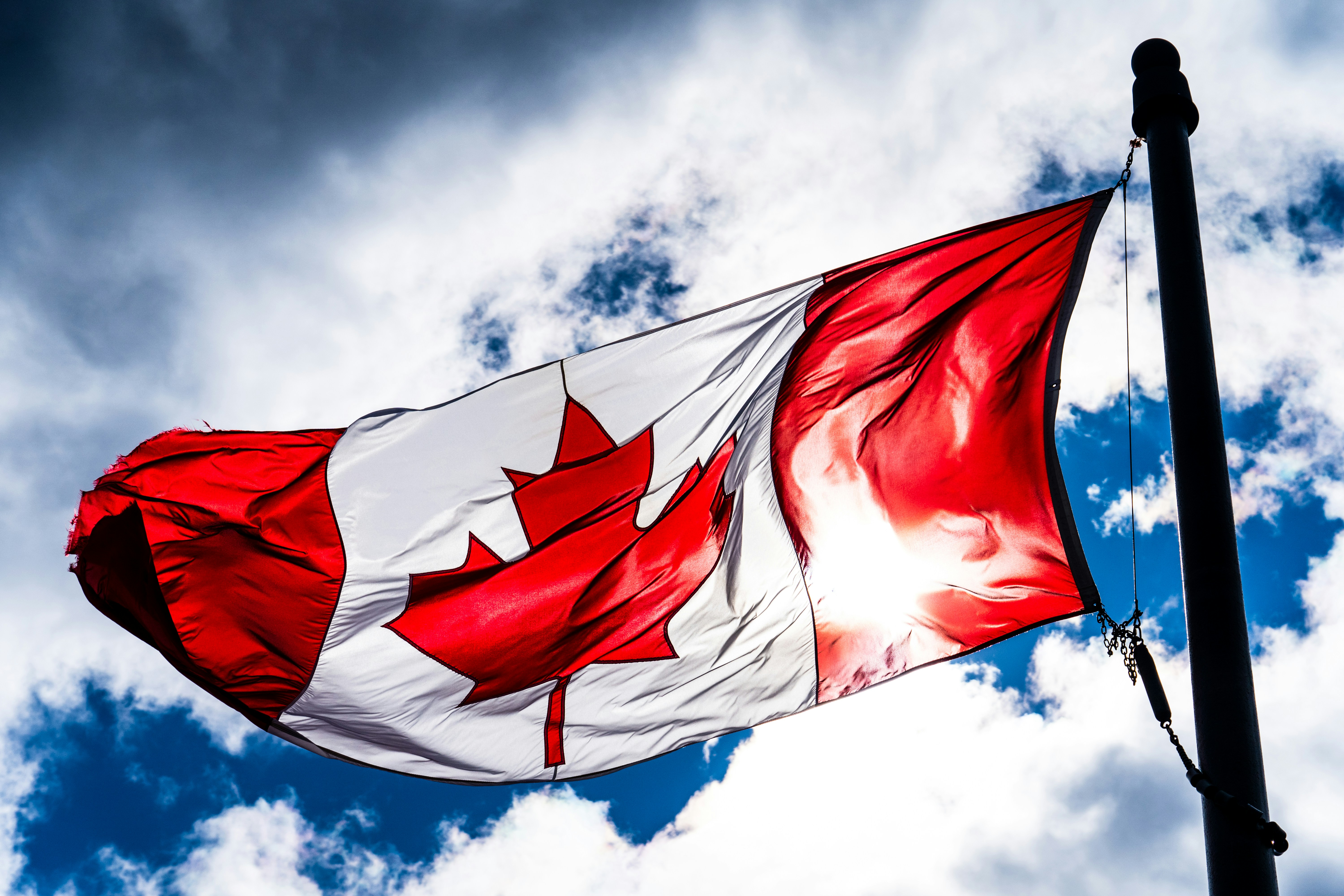At IP Consultores, we understand that trade is the backbone upon which market economies have been successfully built for centuries. Alongside writing, trade is perhaps one of the oldest institutions that has accompanied human civilization since its inception. Unfortunately, Throughout history, the true value of trade has often been distorted, and its role in ensuring peaceful and sustainable human subsistence has been lost sight of. Only through trade can we acquire the goods and services that make human life viable materially and spiritually.
At IP Consultores, we aim to help more individuals consolidate intangible assets daily by protecting intellectual property rights. On several occasions, we have explained how we perceive the role of intellectual property rights within today’s economy. It is important to emphasize that the market economy is the quintessential institution that enables economic units to trade their goods and services. In this sense, the market economy is an institution that has repercussions in economics, politics, society, and culture.

Since its origins, human civilization has faced a crucial choice: destruction through war or construction through trade. Trade and the market economy are institutions that, throughout history, have made the viability and prosperity of civilization possible. Any society that chooses to base its foundational social contract on the principles of trade will ensure its perpetual survival. However, it must not be overlooked that this social contract on trade and the market economy is only possible through another fundamental social institution: the Rule of Law.
International Trade in the 20th Century
The history of trade is as old as human civilization itself. While delving into this history is not our objective here, it is important to highlight the framework constructed after the second half of the 20th century as one of the key antecedents of the current international trade system. Following World War II, the emerging global order was built upon three fundamental pillars: trade, the market economy, and the Rule of Law.
It was in the 1980s that various economic policies facilitated the institutional framework to ensure the free movement of goods. Grounded in the General Agreement on Tariffs and Trade (GATT), institutions such as the World Trade Organization (WTO) and various international legal instruments were consolidated. Although the architects of this economic-legal project aimed for global implementation, the initial result was the formation of regional free trade areas.

This development serves as a prelude to understanding the establishment of the European Union, the North American Free Trade Agreement (NAFTA), and the African Union in the 1990s. At IP Consultores, we are aware that skepticism about the viability and effectiveness of the global market economy model is prevalent today. While criticisms of these political-economic projects have not always been entirely justified, they have highlighted the shortcomings of such initiatives. Nonetheless, we believe that the existing flaws in this model can be addressed if we analyze—and critically and consciously reassess—the framework on which it is based.
Towards the Creation of a Shared Prosperity Project
From now on, we believe it is essential to begin analyzing the economic region where we primarily operate: North America. To fully understand the formation of the North American economic zone, it is necessary to examine the framework that regulates this transnational economic-political project. With the United States-Mexico-Canada Agreement (USMCA) coming into effect in 2020, replacing the North American Free Trade Agreement (NAFTA), we at IP Consultores recognize the importance of identifying the best courses of action to solidify North America’s commercial and security objectives, especially as the USMCA is set for review in 2026.

For this reason, we are preparing a set of initiatives aimed at outlining action plans that contribute to these goals. The first of these initiatives involves publishing our analyses of the USMCA to foster a broader understanding of the treaty. Additionally, we will create a microsite on our website dedicated to publishing a series of studies that examine strategic issues related to this international agreement. Starting in 2025, we will organize various events where specialists from different fields can reflect on the challenges of the USMCA ahead of its 2026 review.
At IP Consultores, social responsibility is one of the cardinal values guiding our work. Therefore, we are committed to developing improved proposals regarding the USMCA. Beginning in the final weeks of December, we will launch a call to organize a seminar to analyze and understand the USMCA’s challenges. Throughout 2025, we will host a series of roundtables to explore, from a transdisciplinary perspective, possible courses of action for the treaty’s renegotiation. Moreover, we will work to build alliances that enable us to communicate our viewpoints effectively to key stakeholders during the negotiation process. Finally, we have full confidence that the entire team at IP Consultores will rise to the challenge that this budding project entails. As always, we are committed to achieving a shared victory.
0 comentarios